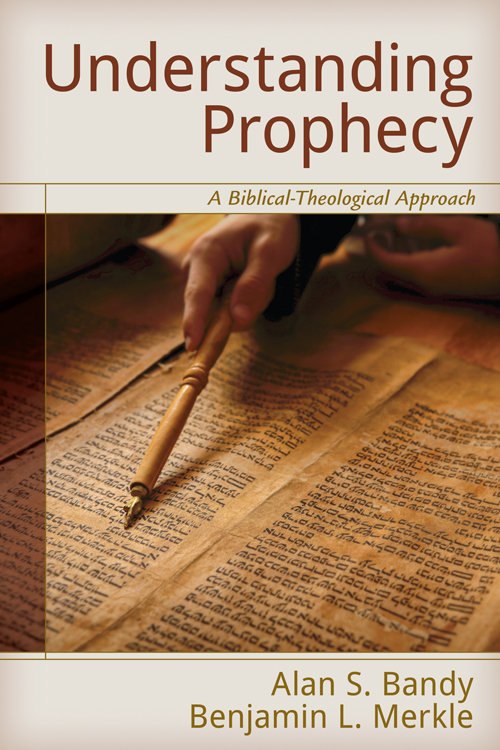In 2 Peter 3 the Day of the Lord refers to the utter destruction of the present created order, either by annihilation or through renovation. As Revelation 20 puts this destruction a thousand years after the setting up of Christ’s earthly Kingdom[1] it means in 2 Peter 3:10-12 the Day of the Lord is confined to that final conflagration.
The NT does not employ the phrase “Day of the Lord” to refer to historical visitations of divine wrath like the OT sometimes does. Peter and Paul, who are the only NT writers who use the designation, always refer it to the eschaton. The main NT texts are Acts 2:20; 1 Corinthians 5:5; 2 Corinthians 1:14; 1 Thessalonians 5:2; and the 2 Peter 3 passage we have already considered.
1. Acts 2:20 is from Peter’s quotation of Joel 2:28-32 at Pentecost. I have already expounded that text in my chapter on Acts. Acts 2:20 quotes Joel 2:31 which mentions the Day of the Lord in the context of the setting up of the Kingdom.[2] second coming. So, the Day of the Lord in that passage refers to the very end of the Tribulation and the onset of the reign of Christ when the Spirit is manifested in the saints.
2. 1 Corinthians 5:5 concerns the practice of perverted sin in the Corinthian church and Paul writes that he has judged the individual who committed the deed and has delivered him over to Satan, “that his spirit may be saved in the day of the Lord Jesus.” I believe this verse ought to be read in light of 1 Corinthians 1:7b-8 which speaks of Christians,
eagerly waiting for the revelation of our Lord Jesus Christ, who will also confirm you to the end, that you may be blameless in the day of our Lord Jesus Christ.
That revelation or coming (apokalypsis) of the Lord is, I believe, the pretribulational rapture, although that identification is not infallible; it may refer to the second coming proper. In either case the “judgment seat of Christ” is surely also in view (2 Cor. 5:10).
3. 2 Corinthians 1:14 the reference is to when all the saints are together in “the end” (2 Cor. 1:13). That is to say, the apostle is thinking about the blessing it will be when they all are with the Lord speaking about each other in the blissful Kingdom.
4. 1 Thessalonians 5:2 refers to the “sudden destruction” (1 Thess. 5:3) that will be visited upon the wicked in the Day of the Lord. This implies that the “Day” is the onset of the Tribulation.
In these four passages, plus 2 Peter 3:10-12, the “Day of the Lord” is an eschatological period involving the commencement of the Tribulation, the rapture and judgment seat of Christ, the second coming and the inauguration of the Kingdom of God upon earth, and the end of the Millennium when the present heavens and earth are “burned up.” As in the OT[3], it does not refer to just one event, but to a cluster of events surrounding the End Times.
[1] See comments on Revelation 20.
[2] Alva J. McClain, The Greatness of the Kingdom, 400.
[3] See The Words of the Covenant, Volume 1, 346-349.




